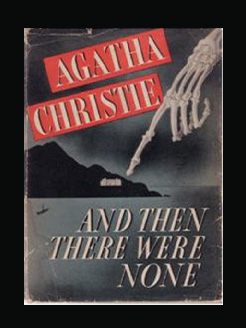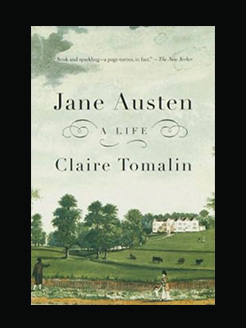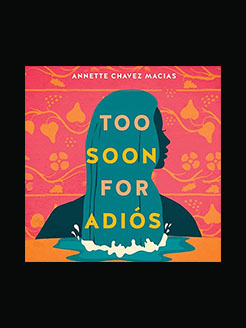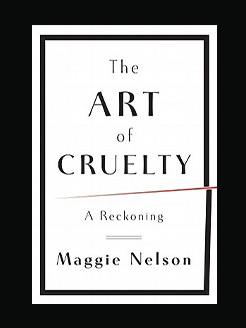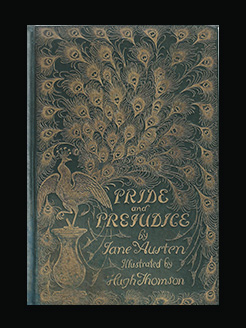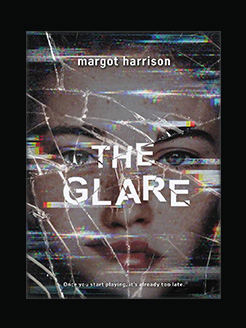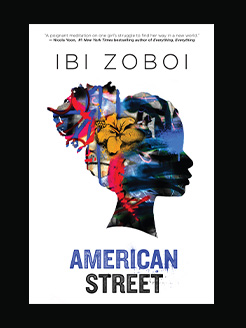Published in 2021
392 pages
Gabrielle Jackson is an associate news editor at Guardian Australia. She was first diagnosed with endometriosis in 2001, and since 2015 she has been writing about how women’s pain is treated in modern healthcare systems.
What is this book about?
“[A] powerful account of the sexism cooked into medical care … will motivate readers to advocate for themselves.”—Publishers Weekly STARRED Review
A groundbreaking and feminist work of investigative reporting:
- Explains why women experience healthcare differently than men
- Shares the author’s journey of fighting for an endometriosis diagnosis
In Pain and Prejudice, acclaimed investigative reporter Gabrielle Jackson takes readers behind the scenes of doctor’s offices, pharmaceutical companies, and research labs to show that—at nearly every level of healthcare—men’s health claims are treated as default, whereas women’s are often viewed as a-typical, exaggerated, and even completely fabricated. The impacts of this bias? Women are losing time, money, and their lives trying to navigate a healthcare system designed for men.
Almost all medical research today is performed on men or male mice, making most treatments tailored to male bodies only. Even conditions that are overwhelmingly more common in women, such as chronic pain, are researched on mostly male bodies. Doctors and researchers who do specialize in women’s healthcare are penalized financially, as procedures performed on men pay higher. Meanwhile, women are reporting feeling ignored and dismissed at their doctor’s offices on a regular basis.
Jackson interweaves these and more stunning revelations in the book with her own story of suffering from endometriosis, a condition that affects up to 20% of American women but is poorly understood and frequently misdiagnosed. She also includes an up-to-the-minute epilogue on the ways that Covid-19 are impacting women in different and sometimes more long-lasting ways than men.
A rich combination of journalism and personal narrative, Pain and Prejudice reveals a dangerously flawed system and offers solutions for a safer, more equitable future.
